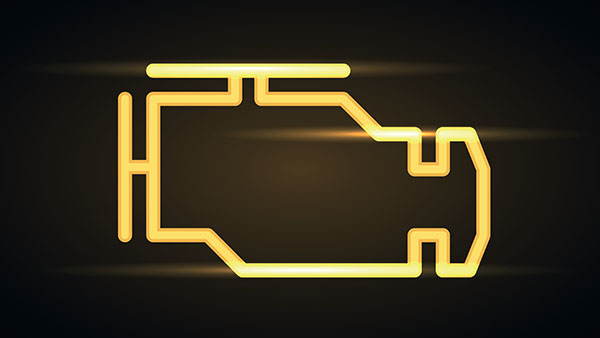
Ah, the check engine light – that little illuminated symbol on your dashboard that can cause a big headache. It's like your car's way of saying, "Hey, we need to talk," but without giving you much to go on. Whether you're cruising down local roads or gearing up for a long trip, understanding this cryptic signal is crucial for any driver.
Why Does the Check Engine Light Come On?
The check engine light, part of your car's onboard diagnostics system (OBD-II), monitors various vehicle functions. It can illuminate for reasons as simple as a loose gas cap to more serious issues like a malfunctioning catalytic converter. Here's the kicker: the light doesn't tell you exactly what's wrong. That's why understanding its common triggers and knowing how to respond is invaluable for every driver.
Common Triggers and What They Mean for You
Loose or Faulty Gas Cap
Starting with the basics, a loose gas cap can trigger the light. It's an easy fix but important for maintaining fuel efficiency and preventing vapor emissions.
Oxygen Sensor Issues
A faulty oxygen sensor can lead to decreased fuel efficiency and increased emissions.
Catalytic Converter Failure
Essential for reducing exhaust emissions, a failing catalytic converter is a more significant issue that can affect your car's performance and the environment.
Spark Plug/Ignition Coil Problems
These issues can cause engine misfires, poor acceleration, and higher fuel consumption, impacting your driving experience and fuel budget.
What Should I Do After the Check Engine Light Comes On?
First, check if the gas cap is loose or missing, as this is a common and easily fixable cause. If tightening or replacing the gas cap doesn't turn the light off after a short drive, use an OBD-II scanner to read the error code or visit a local mechanic to diagnose the issue. Avoid driving the car for long distances if the light is flashing, indicating a more severe problem.
The Difference Between a Flashing and Solid Check Engine Light
When your car's dashboard lights up with the check engine symbol, it's crucial to pay attention to its behavior. Is the light flashing, or is it solid? This distinction is not just for show; it signals the severity of the issue your car is facing.
Solid Check Engine Light
A solid, or steady, check engine light indicates a less urgent issue, but that doesn't mean you should ignore it. This could be something as simple as a loose gas cap or a sign of a more significant problem that needs attention, such as a malfunctioning oxygen sensor. While you don't need to pull over immediately, you should plan to have your car checked soon. Continuing to drive for a long period without addressing the issue can lead to more serious problems down the line, potentially affecting your vehicle's fuel efficiency and emissions.
Flashing Check Engine Light
If the check engine light is flashing, this is an immediate alert that something more serious is wrong, and it usually indicates a problem that is currently happening and could harm your vehicle's engine, such as a misfire. This requires prompt attention to prevent further damage to the engine or other components. In this case, it's advisable to reduce your driving speed, minimize the load on your engine (by turning off any non-essential electrical loads, like the A/C), and get your car to a mechanic as soon as possible, ideally without driving it much further.
For expert vehicle diagnostics and check engine light services, contact Loyola Marina Auto Care, and we will be happy to help! It really is as simple as calling us, scheduling an appointment, and leaving the rest to us.